Third Grade

Third graders love to cheer on their friends and encourage them to reach a little higher on the climbing wall.
Third graders love to cheer on their friends and encourage them to reach a little higher on the climbing wall.
Language Arts
- Read grade-appropriate passages independently with fluency and expression
- Deepen understanding of texts by applying self-monitoring and comprehension strategies while reading independently in Reader’s Workshop
- Begin to identify the author’s purpose in a reading selection
- Understand and apply new vocabulary
- Use the writing process to compose grade-appropriate narrative, informational, and opinion writing samples during Writer’s Workshop
- Use grade-appropriate paragraph structure, spelling, punctuation, grammar, and word usage to effectively complete a variety of writing tasks
- Apply understanding of types of sentences in student-generated writing samples
- Identify parts of speech (noun, pronoun, adjective, and verb) and apply understanding in student-generated writing samples
Social Studies
- Understand that geography helps us to understand the world through place and location
- Understand and explain how the world and the United States both operate as systems
- Identify and locate continents, oceans, and all 50 states by regions
- Identify and use cardinal directions
- Apply map skills to understand the world in which we live
Math
- Understand, memorize, and apply multiplication and division facts to 12
- Identify and understand place value to the millions
- Read, write, compare, and order numbers to the millions
- Process and solve word problems
- Understand, read, and write decimals to the hundredths place
- Identify and write fractional parts of shaded regions of objects
- Identify and draw line segments, rays, and angles
- Identify and create parallel, non-parallel, and intersecting lines
- Determine area and perimeter
- Understand and explain how numbers operate as a system
- Extend, describe, and create numeric patterns
- Read, write, and explain number sentences using a variety of mathematical concepts
- Use charts, tables, bar graphs, pie graphs, and line plots to ask questions and draw conclusions
Science
- Understand and explain how the solar system and its components operate as a system
- Compare and contrast characteristics of planets
- Understand how the human body operates as a system
- Identify the major body systems, organs, and functions
- Understand and use the scientific method to conduct experiments, make observations, and draw conclusions
Curriculum Overview by Grade
Early Childhood
Elementary
Curriculum Overview: Special Areas

1
We intentionally educate and nurture the heart, soul, mind, and body of each boy.
Guiding Principles

2
We know, nurture, and love each boy as a unique child of God.
Guiding Principles

3
We teach the Bible and model the Christian faith to our boys.
Guiding Principles
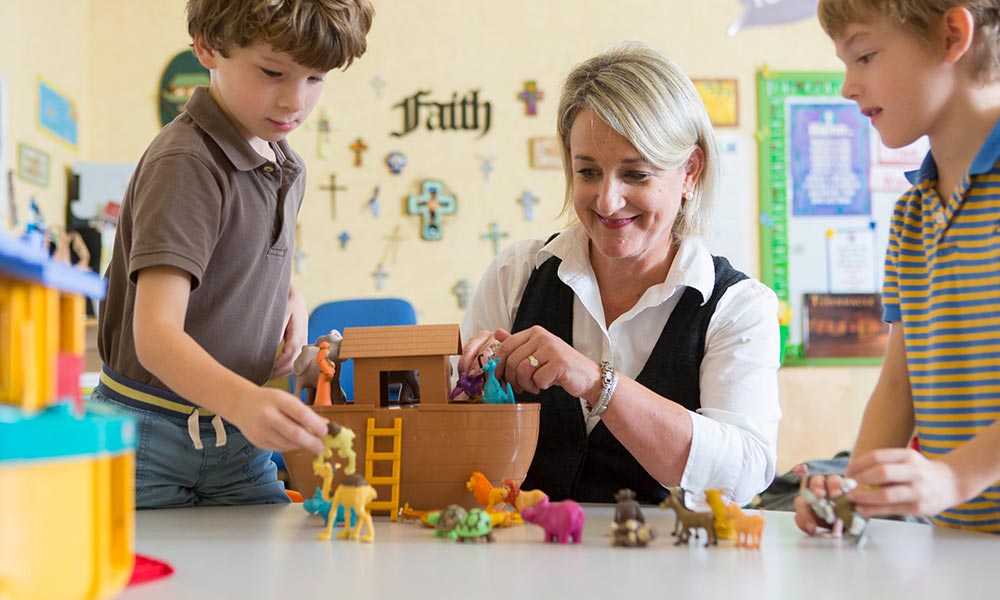
4
We aren't just teachers; we are life-long learners and students.
Guiding Principles

5
We push students to engage as thinkers.
Guiding Principles

6
In an increasingly connected world, our curriculum has a global perspective.
Guiding Principles
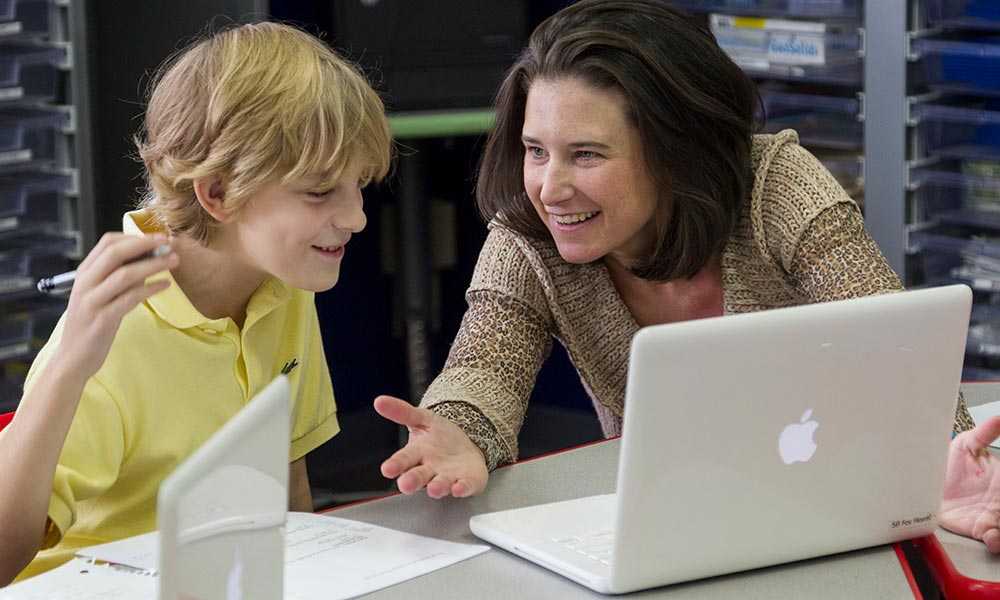
7
Flexible teaching strategies seek to maximize learning for each boy.
Guiding Principles
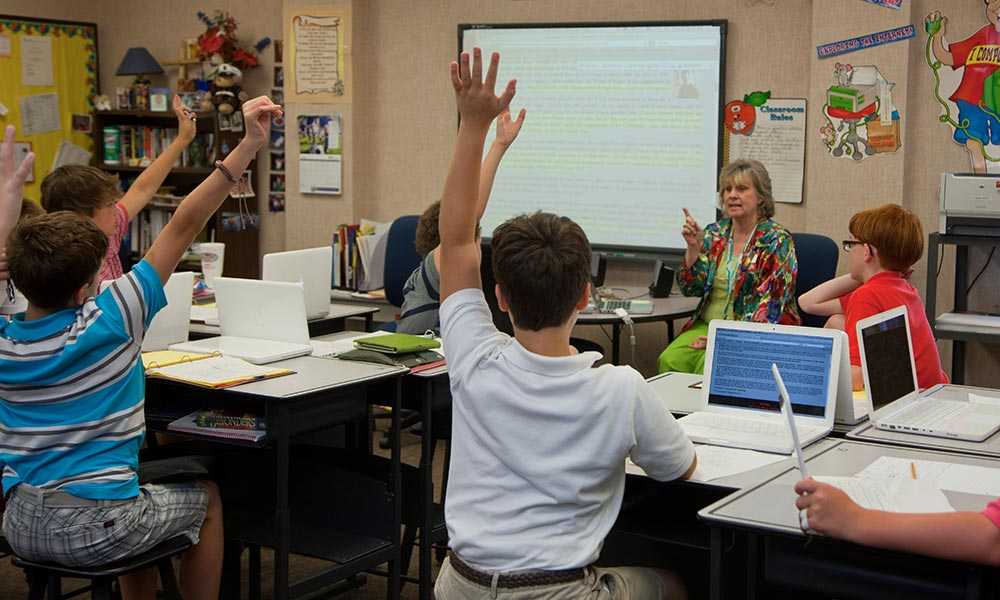
8
Our assessments aren't just a way to measure learning — we want our boys to demonstrate understanding.
Guiding Principles

9
We seek to enroll boys from diverse backgrounds.
Guiding Principles
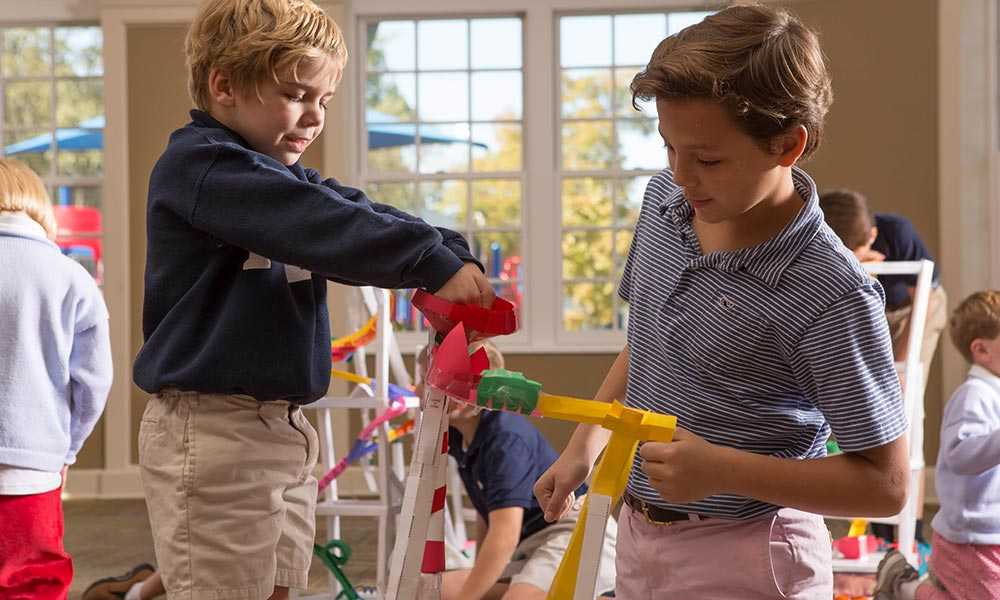
10
We seek balance and excellence in all we do.
Guiding Principles

11
We aren't just boy-friendly; we're boy-specific.
Guiding Principles
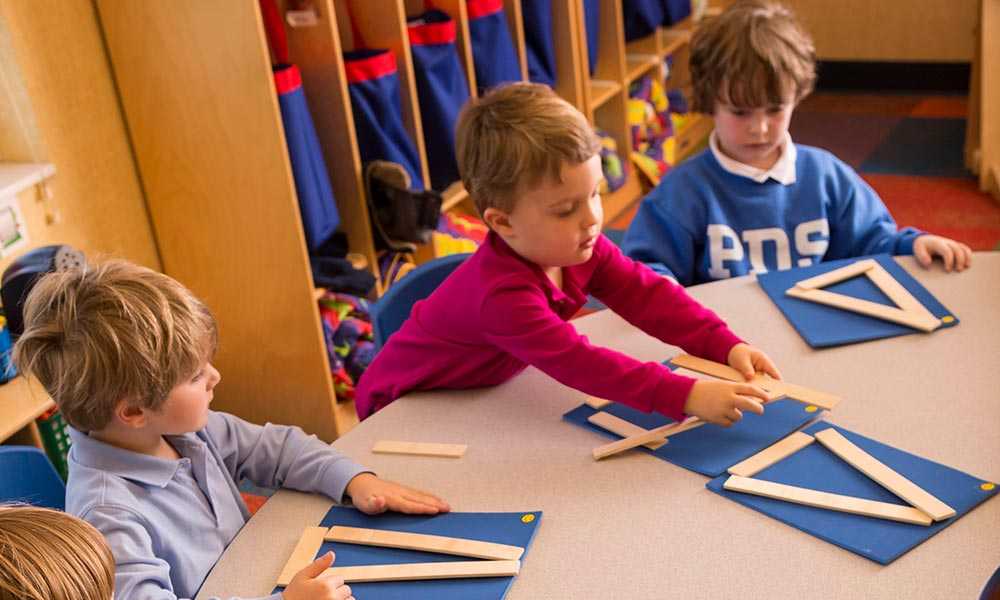
12
Our program sets a foundation of learning that will help boys thrive beyond PDS.
Guiding Principles

13
We take time to make sure our faculty and staff are growing spiritually.
Guiding Principles

14
We hold high standards for ourselves, pushing ourselves to reflect, renew, and grow.





